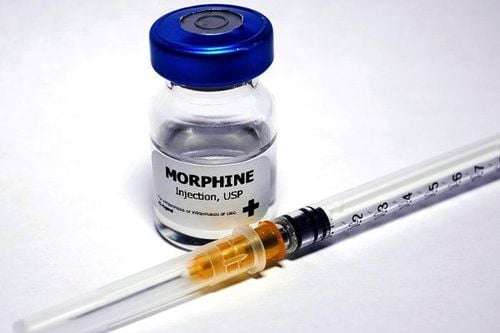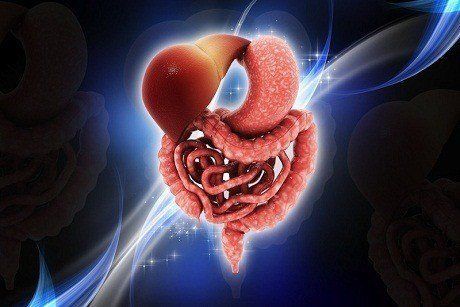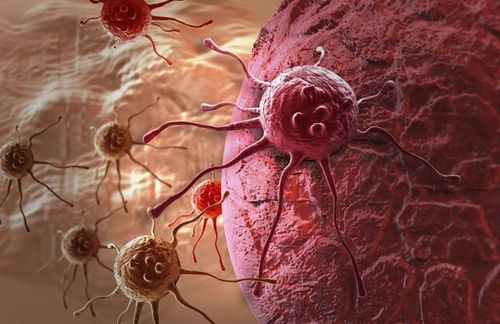This is an automatically translated article.
The article is written by doctors of Internal Oncology Department, Vinmec Times City International General Hospital.
A new study has shown the relationship between aging and cancer may be more intimate and complex than previously thought. In fact, some aspects of aging can interfere with the development of cancer.
1. The link between aging and cancer
With a large analysis of genetic data, the team of scientists has shown that the genetic signature of aging tissue is very different from that of cancer tissue. This is important because the activity level of certain genes affects how cells in tissues function.
As we age, more and more cells become dormant, meaning they no longer grow, divide and renew. This is the aging process and the percentage of white blood cells in the body increases with age. In contrast, cancer is a disease defined by uncontrolled cell division that leads to tumor formation.
Previously, experts thought that aging tissues were more likely to become cancerous due to the accumulation of many mutated genes that cause cancer. However, recent research shows that white blood cells also have the ability to impede cancer growth, since the processes of cell growth, division, and renewal are halted with aging. The team published their findings in the journal Aging Cell.

2. What did the research find?
The research team - led by Professor João Pedro de Magalhães, from the University of Liverpool, UK - analyzed and compared the genetic signatures of genes involved in aging. They looked at genes involved in cancer progression in nine human tissues.
Specifically, they investigated the activity levels of these genes in each tissue to identify any patterns of activity that might link aging with cancer development.
Interestingly, the researchers found that the patterns of active genes that contribute to cellular aging differ greatly from the patterns of active genes involved in cancer progression.
In most tissues, the activity pattern of aging and cancer genes has changed in the opposite direction. In other words, when some aging genes are active, some cancer genes are less active. This is true in all tissues except thyroid and uterine tissue, where both aging genes and cancer genes change in the same direction.
Trắc nghiệm: Thử hiểu biết của bạn về bệnh ung thư
Ung thư là nguyên nhân gây tử vong hàng thứ 2 trên thế giới. Thử sức cùng bài trắc nghiệm sau đây sẽ giúp bạn có thêm kiến thức về yếu tố nguy cơ cũng như cách phòng ngừa bệnh ung thư.
Bài dịch từ: webmd.com
3. What genes have changed?
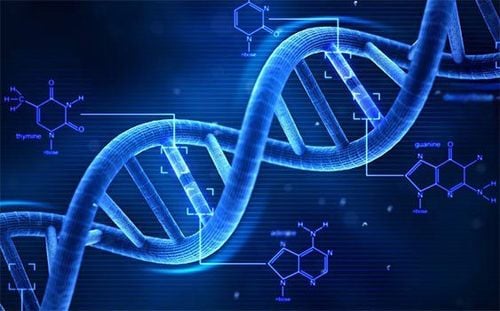
Each gene is part of a process that allows the cell to maintain homeostasis - a steady state.
In this study, the researchers also analyzed the types of activity that genes are responsible for. The team found that the genes with the most variable activity were involved in important processes, such as cell cycle regulation and the immune system.
4. Can scientists find a recipe for "better aging"?
In the aging genome, the genes involved in cell division are inactive, whereas, in the cancer genome, these genes are more active.
This is interesting because changes in gene activity during aging may be related to a decrease in the rate of cell division; while in cancer, the scientists found a shift towards cell proliferation.
Immune-related genes are also important, because another symptom of cancer is inflammation, which is an immune response.
The immune system plays a role in preventing cancer, immune function is affected with age allowing cancer cells to escape the immune system.
5. What does this mean for future treatment?
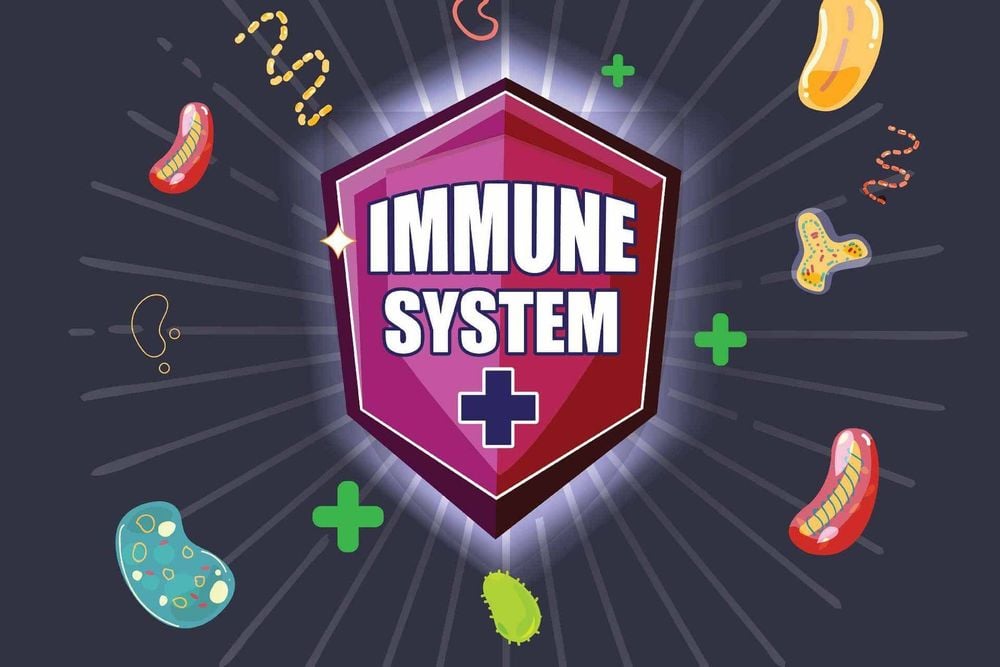
These results demonstrate a very complex relationship between cancer and aging.
On the one hand, aging may contribute to cancer development but on the other hand several cellular mechanisms involved in aging may contribute to inhibiting cancer progression.
The researchers think this may explain why cancer rates decline towards the end of life, while cancer risk increases in earlier years.
These results also suggest that genetic activity links aging and cancer to tissue stem cells.
Professor de Magalhães explains that his group's work "Challenges traditional views regarding the relationship between cancer and aging, and shows that aging processes can impede cancer development." letters."
"You have two opposing forces: cancer-causing mutations and cancer-hindering tissue degeneration."
This study took a genome-wide approach to the analysis of common genes associated with aging and cancer. The findings represent an important stepping stone to a better understanding of the two processes.
However, this study has not determined whether people with different levels of gene activity are more or less susceptible to cancer.
At the same time must consider that some people age more slowly than others. Do the results of this study suggest that these people are more likely to develop cancer? While many questions remain to be answered, this study could be a step in the right direction.
Just know that the immune system plays a role in preventing cancer, immune function is affected with age allowing cancer cells to escape the immune system. Autologous immunotherapy - currently being carried out at the Oncology Department of Vinmec Times City International Hospital - is one of the ways to increase the number of T and NK cells, which are responsible cells. immune function in the body. Currently, this method is indicated not only for people with cancer but also for people without cancer with the aim of strengthening the immune system. Customers can go directly to Vinmec Times City to visit or contact hotline 0243 9743 556 for support.
Reference article source: medical newtoday
SEE MORE:
Relationship between the immune system and cancer Opportunity to reverse cancer with autologous immunotherapy according to Japanese technology New therapy in cancer treatment Completely doable in Vietnam without going abroad





